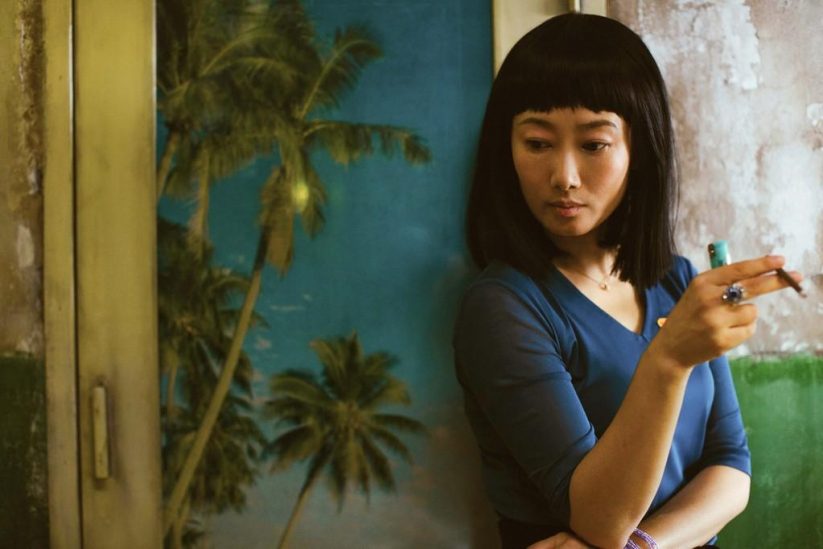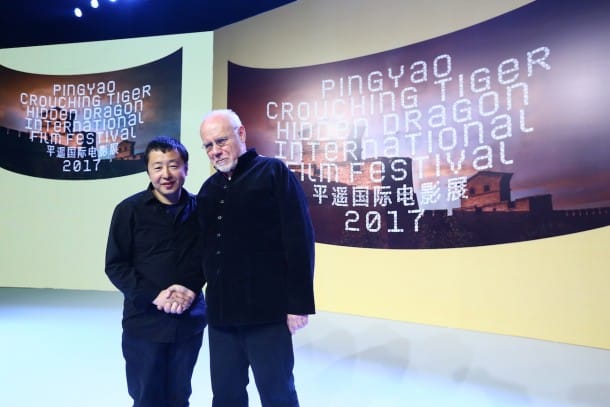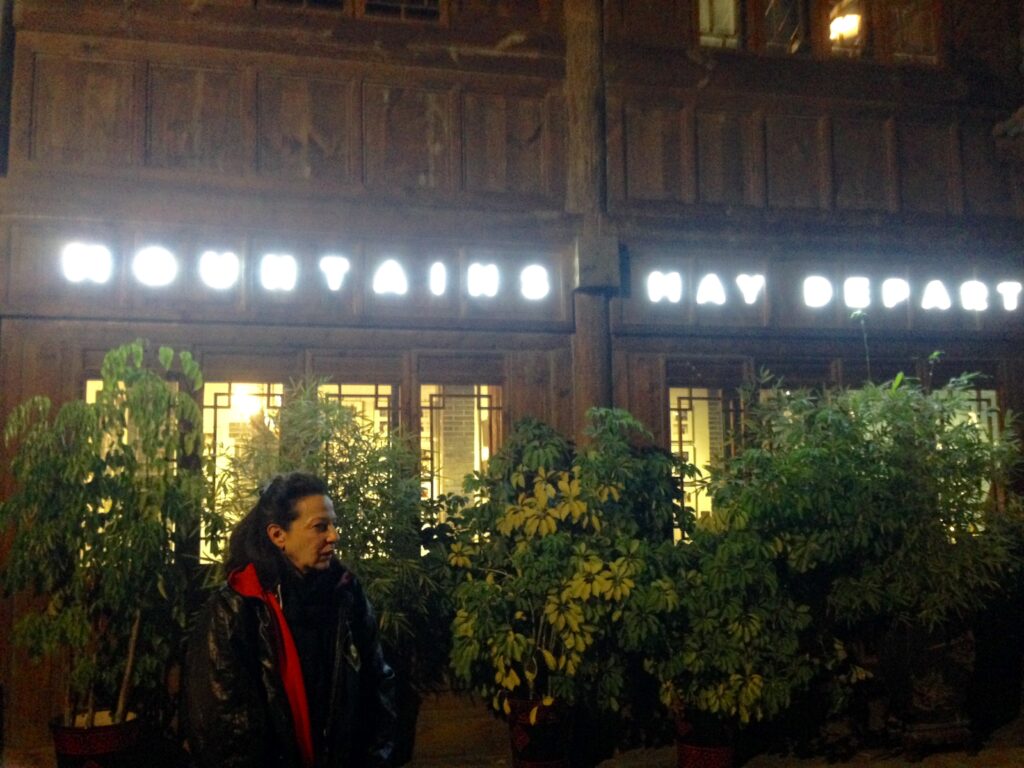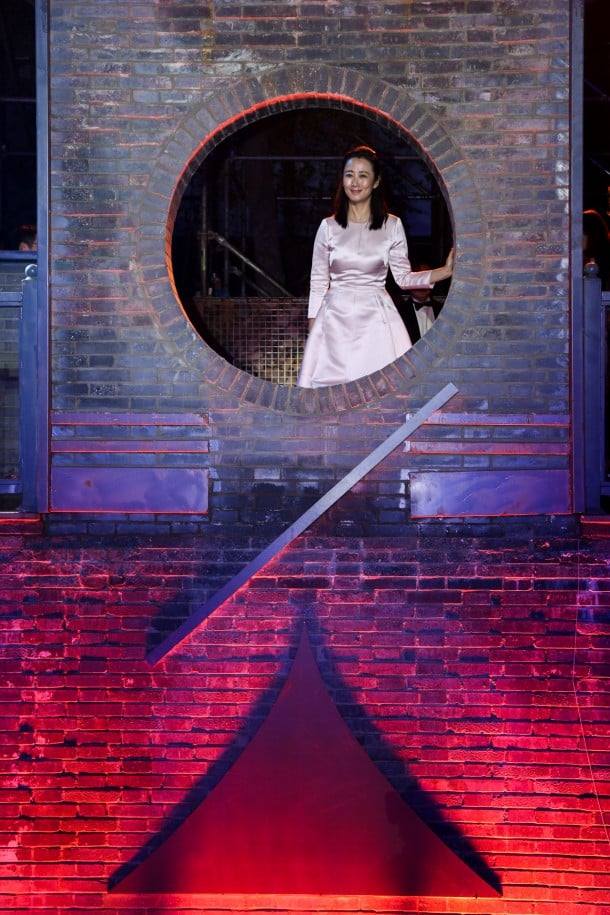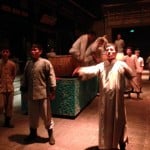 Dir: Elizaveta Stishova | Cast:Daniel Daiybekov, Turgunai Erkinbekova, Perizat Ermanbaeva | Drama | Kyrgyzstan | 101′
Dir: Elizaveta Stishova | Cast:Daniel Daiybekov, Turgunai Erkinbekova, Perizat Ermanbaeva | Drama | Kyrgyzstan | 101′
Enlivened by offbeat humour and vibrant widescreen images reflecting the rugged beauty of this wild Central Asian nation, SULEIMAN MOUNTAIN is the debut feature of Russian filmmaker Elizaveta Stishova. Largely funded by European finance this appealing arthouse drama explores an unconventional journey of discovery – both literal and metaphorical – for its passionate central characters: a woman, her long-lost son and husband, and his other younger wife. In a drama fraught with tense uncertainty and often brutal rituals involving folklore and shamanism – a scene involving an unconscious woman is particularly alarming – Kyrgyzstan emerges as a region caught between the modern world and one of ancient traditions where women (predictably) get a rough deal as they compete vehemently for the attention of self-seeking macho men. Their hope is that somehow, by smothering them with love and attention, they can make a silk purse out of a sow’s ear. Sadly, twas ever thus.
Kazakhstani actor Asset Imangaliev plays the maverick male at the centre of the story, who cleverly plays his two wives off against one another. Karabas is an opportunistic adventurer who cons his way through life veering from violent outbursts to twinkling smiles as he tries to charm the pants off everyone he meets. Recently reunited with the couple’s thoughtfully endearing son Uluk, his older wife is a healing soul, desperately trying to hold the family together, while her coltish younger rival is also pregnant with Karabas’ child.
Although Kyrgyzstan initially feels exotic and remote, the human story at its core is as old and evergreen as the hills. Stishova has certainly made a watchable and lively debut. MT
RUSSIAN FILM WEEK London 2018 | WINNER OF BEST FILM | PRESENTED BY THE ROSSELLINI JURY | PINGYAO YEAR ZERO 2017

